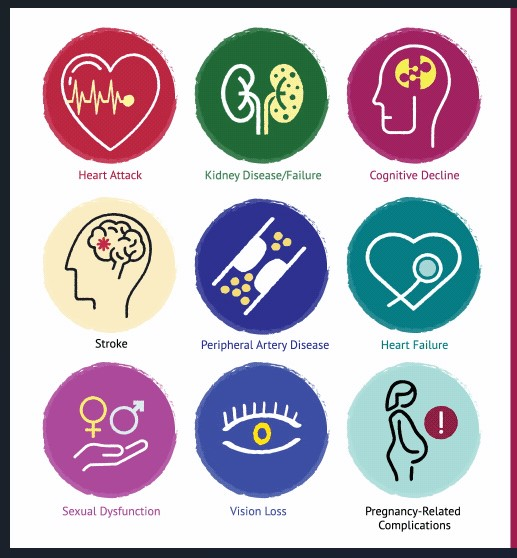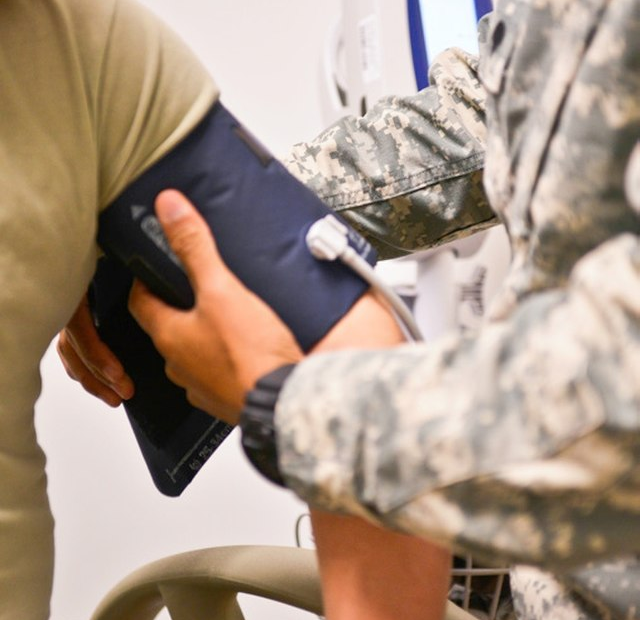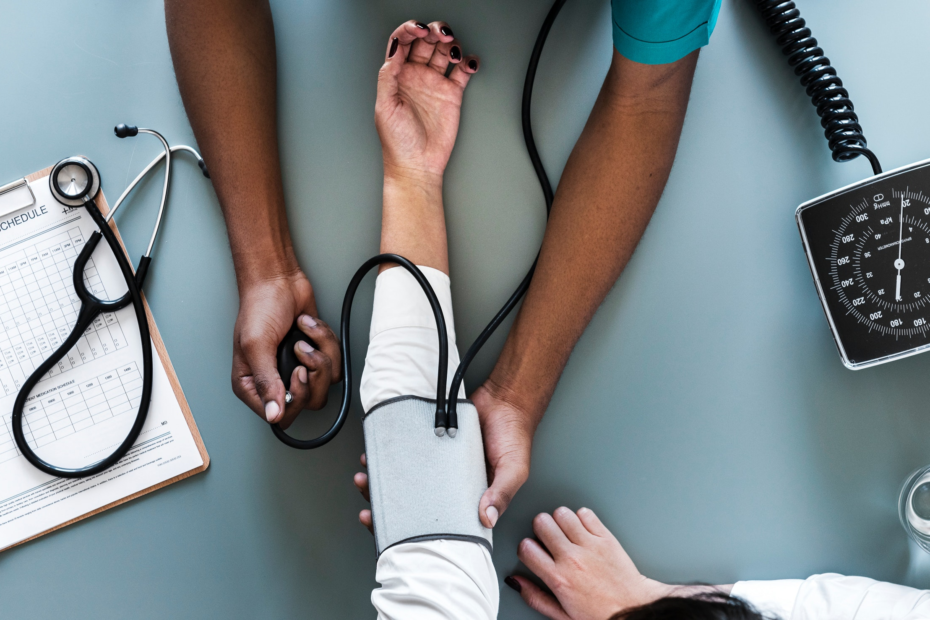
Systolic Blood Pressure: What Your Top Number Really Means
Systolic blood pressure is the top number in your reading and the strongest predictor of heart attack and stroke risk. Learn what causes high systolic pressure, why isolated systolic hypertension is common after 60, and proven strategies to lower your numbers through diet, exercise, and medication.

